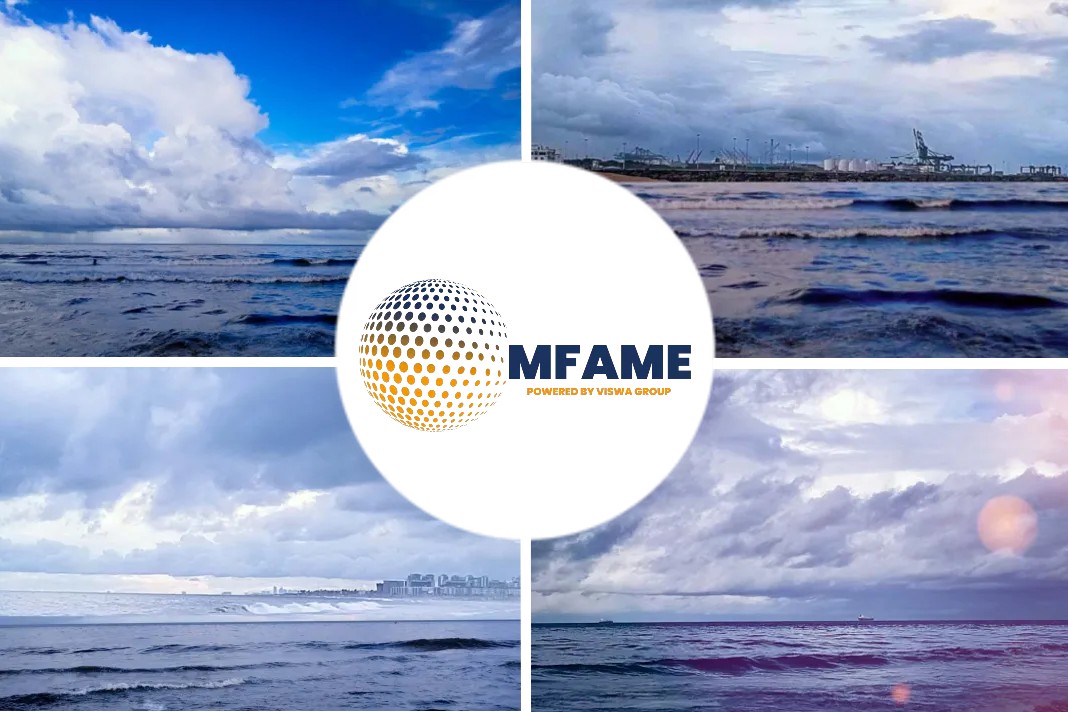DNV has approved digital infrastructure solutions for three projects as part of a growing digitalisation trend in the shipping industry, reports Rivera.
Onshore smart-ship data management centre
The classification society awarded its data collection infrastructure and vessel connectivity (D-INF) class notation for projects developed by Cosco Shipping, Kongsberg Digital and Samsung Heavy Industries (SHI) as part of approval in principle (AiP), which is the first stage of formal type-approval.
D-INF was granted to China-headquartered Cosco Shipping’s development of an onshore smart-ship data management centre, which aggregates information from a large range of vessels across its global fleet.
This notation was also award to SHI for its S-Vessel Big infrastructure and data stream infrastructure and to Kongsberg Digital for its Vessel Insight digital services.
“Adoption of our D-INF notation is a key element on the road to standardised infrastructure and effective digital transformation,” said DNV Maritime chief executive Knut Ørbeck-Nilssen.
“The pandemic, together with the drive to decarbonise, have triggered a renaissance in the maritime industry, as we see greater and deeper adoption of digital solutions to ensure safe, sustainable and efficient operations,” he said. “The key to maximising the potential of these digital technologies and strategies is to enable companies to more easily build trust in them.”
Addressing the key challenge
D-INF notation addresses this key challenge by setting out the requirements for the complete data collection infrastructure, including onboard data servers, data relay components and remote data servers, covering the full ship-to-shore communication framework.
DNV group leader for cyber safety and security Jarle Coll Blomhoff said D-INF was important for building trust in digitalisation solutions.
“With D-INF we are curating trust that the data gathered from the ship is the actual data that has been confirmed through a verified pipeline,” he said. “This is vital for owners to build trust among value-chain stakeholders ranging from class and reporting authorities to insurance providers, financiers, cargo owners and charterers.”
Lack of trust in protocols
As ships get smarter and increasingly packed with sensors, the central onboard servers gather greater volumes of data from components and systems across different types of infrastructure. Lack of standardisation means data cannot be combined in a uniform way, leading to a lack of trust in protocols for data transfer and security.
“D-INF is the first step in moving the industry towards best practice in data exchange,” said Mr Blomhoff. “Piloting the notation from three complementary angles – shipbuilder, ship operator and technology vendor – sets a standard for digital transformation in shipping.”
About Cosco’s operational centre
Cosco Shipping has developed its operational centre in close co-operation with DNV.
Cosco Shipping deputy chief engineer Dong Guoxiang said data can be used to improve the operational efficiency and safety on vessels across the fleet. “Such data is a valuable and cautious asset which can be used to improve logistical efficiency of the whole supply chain,” he said.
SHI senior executive vice president and head of sales Oh Sung-Il said the AiP confirms its data infrastructure is compliant with recent ISO standards.
“This standardisation lays the groundwork for improved operational efficiency and flexibility for ship operators while enhancing our competitiveness in the digitalisation market,” he said.
Kongsberg Digital vice president for digital ocean Sondre Mortensvik said the “most important aspect of data collection from a vessel is to keep and protect the integrity of the vessel operation.”
Did you subscribe to our daily Newsletter?
It’s Free! Click here to Subscribe
Source: Riviera

















